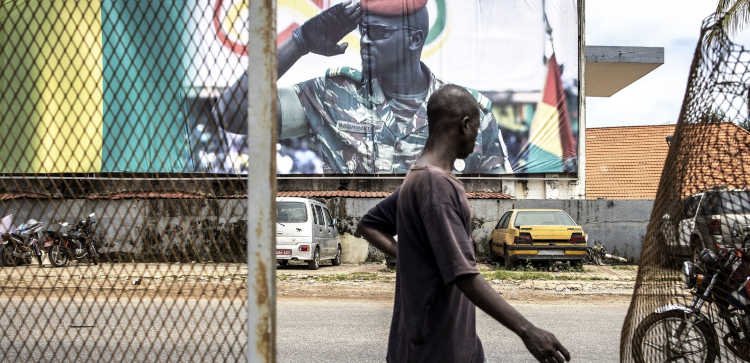The recent detention of activists in Guinea raises significant concerns about the country’s commitment to human rights and democratic principles.
Development Diaries reports that after being captured by armed persons wearing uniforms on the evening of 09 July, Oumar Sylla and Mamadou Billo Bah have been detained in covert custody in violation of international law, according to Amnesty International.
It is understood that the two activists are from the National Front for the Defence of the Constitution (FNDC).
As of 22 April, 2024, at least 47 people had died during protests in Guinea due to the government’s harsh suppression of peaceful dissent, which has been intensified for several months, according to a report by Amnesty International.
Other measures taken by the government include banning media outlets, limiting internet access, and violently suppressing protests.
Bah and Sylla have experienced arbitrary detention for just expressing their rights to peaceful assembly and freedom of speech.
These activists have often played a crucial role in advocating for social justice, transparency, and accountability within the government.
Their detention could be perceived as an attempt by the authorities to stifle dissent and silence voices that challenge the status quo.
This move would discourage other civil society organisations and individuals who might wish to speak out against governmental policies and actions.
Civil society in Guinea has been instrumental in mobilising citizens and advocating for their rights. If the government continues to suppress these voices, it risks igniting widespread discontent and resistance among the populace.
This could lead to a cycle of protests and crackdowns, destabilising the nation further.
To avoid such outcomes, Development Diaries calls on the Guinean authorities to respect human rights and the role of activists in a healthy democracy by immediately releasing the detained activists.
Also, the government must guarantee and secure their safety while they are being held, reveal the location of their detention, and grant them access to lawyers and family visits until their release.
Source: Amnesty International
Photo source: John Wessels/AFP via Getty Images








